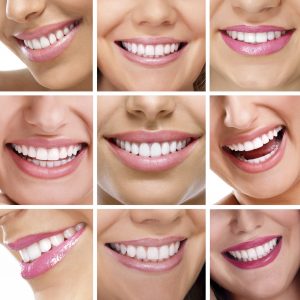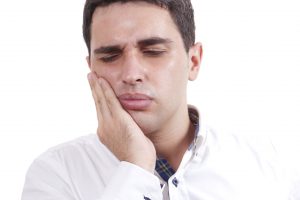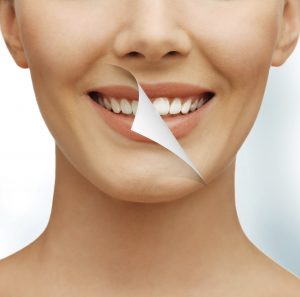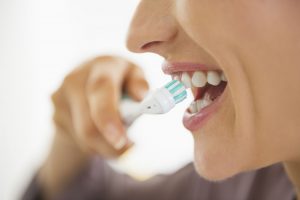
Our smile is very important to us, so it is important that we take care of it. Because if we develop tooth decay, we may not be keeping our teeth much longer. Thankfully, there are things we can do that can prevent cavities beyond brushing and dental visits. The following are a handful of not-so-well-known tips for cavity prevention. And since February 18th is National Drink Wine Day, you’ll be happy to know wine is actually on this list…
Wine. Red wine is generally not considered great for teeth because of the stains, but one study suggests that many of the individual chemical components in both red and white wine can actively fight the bacteria that lead to tooth decay and cavities.
Raisins. Within the same vein, scientists have found that some of the chemicals present in nature’s candy, including polyphenols and flavonoids, may actively fight oral bacteria that lead to cavities.
Use a straw. We really shouldn’t have sugary drinks in our diet, but a good way to minimize damage to healthy teeth is by sipping that soda through a straw, so there is minimal contact with your teeth.
Cheese. Some researchers believe that casein, a protein found in cheese, may have a protective property that promotes healthy teeth and could help with cavity prevention.
Chewing gum. Chewing sugar-free gum has long been recommended to avoid bad breath and cavities. Even more so if it’s made with xylitol, a natural sugar substitute.
Dental sealants. To prevent tooth decay, many dentists recommend dental sealants, a protective coating that’s applied to the surface of the back teeth.
If you have questions or concerns about cavity prevention, make an appointment today with Dr. Philip Schnall at 212-247-7059 or visit our website at www.philipschnalldmd.com.
Dr. Schnall proudly serves New York and all surrounding areas.

 We know the importance of looking after our teeth, and in doing that, brushing on a daily basis. Brushing, along with flossing, will not only remove food debris and plaque but will also protect your teeth against tooth decay and
We know the importance of looking after our teeth, and in doing that, brushing on a daily basis. Brushing, along with flossing, will not only remove food debris and plaque but will also protect your teeth against tooth decay and 

 When you think of a great smile, what is the first thing you think of? Is it straight teeth? A set of bright white chiclets? A combination of the two? Unfortunately, many of us don’t have this perfect combination. But if given the choice, most would prefer to have a bright white smile. But keeping up a bright white smile isn’t exactly easy. Most of us don’t keep up the greatest diets and lifestyle choices, and that can hinder our teeth being their whitest. You can brush & floss every day, but your teeth will eventually lose its natural sheen. And being smack dab the holiday festivities, we need a bright smile. So, what do we do? Try these whitening options:
When you think of a great smile, what is the first thing you think of? Is it straight teeth? A set of bright white chiclets? A combination of the two? Unfortunately, many of us don’t have this perfect combination. But if given the choice, most would prefer to have a bright white smile. But keeping up a bright white smile isn’t exactly easy. Most of us don’t keep up the greatest diets and lifestyle choices, and that can hinder our teeth being their whitest. You can brush & floss every day, but your teeth will eventually lose its natural sheen. And being smack dab the holiday festivities, we need a bright smile. So, what do we do? Try these whitening options:

